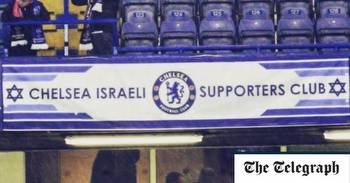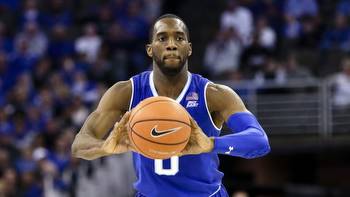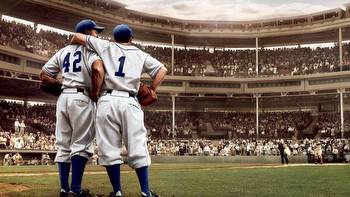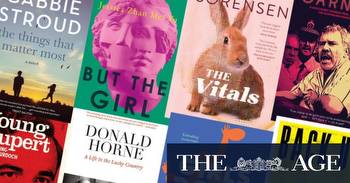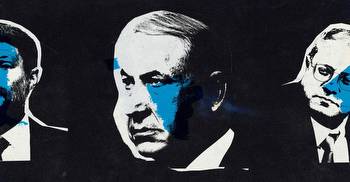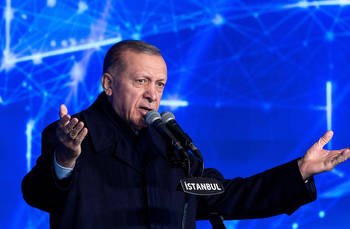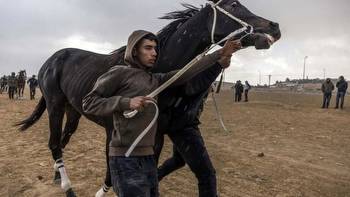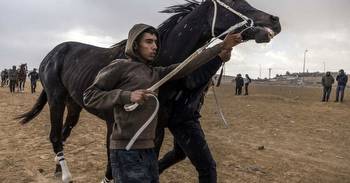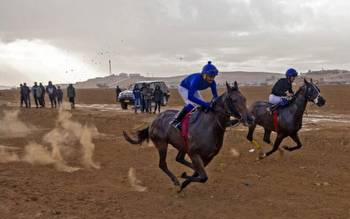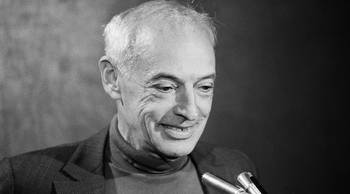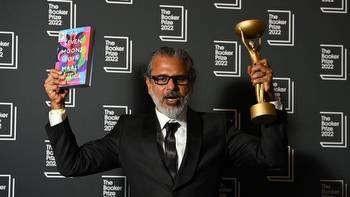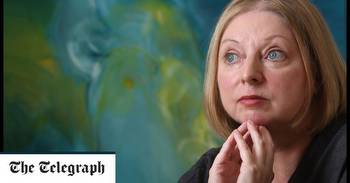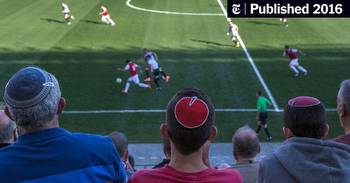As landmark Saul Bellow documentary premieres, a look back at his life

PBS debuts a documentary about Saul Bellow on Monday night. The film was filmed between 2016 and 2019 and features what is touted as the last interview Philip Roth gave before his death in 2018. Boulard had a turbulent personal life that involved five marriages and his conservative political leanings put him at odds with the ethos of the 1960s. He was deeply invested in the Soviet Jewry movement and Israel and was beloved by the American Jewish community.
Bellow was born in 1915 in Canada to Lithuanian parents. His family moved to Chicago when he was 9. Bellow wrote to The New York Times about the persecution of Jews in the Soviet Union. He circulated an appeal for cultural freedom for Jews to the Soviets Writers Union in 1969. In 1970 he signed a petition asking if the government of the USSR has any concern for human rights.
As landmark documentary premieres, a look back at Saul Bellow's life. Bologn had complicated feelings about Israel. He followed Israeli diplomacy closely in the 1970s and was a strong supporter of the Jewish state. In 1974, at a PEN press conference, he called for a boycott of UNESCO.
Bellow won the Nobel Prize in Literature in 1976. His most recent book was a memoir about his stay in Jerusalem. He also won multiple National Book Awards and a Pulitzer Prize.
As landmark documentary premieres, a look back at Saul Bellow's life. Bologna was awarded an award in 1976 by the Anti-Defamation League. He rejected the label of a Jewish writer. His early novels dealt with anti-Semitism and featured characters who spoke Yiddish and Russian. In 2005, at 89, he died. In his obituary, his biographer said he was a writer first, an American second and Jewish third.











